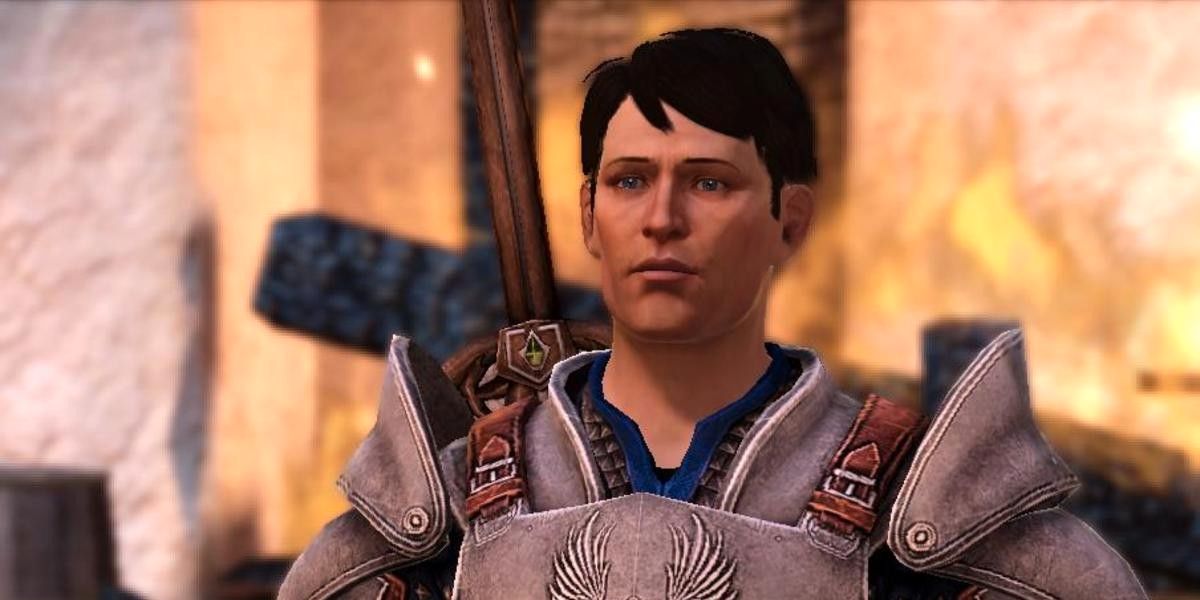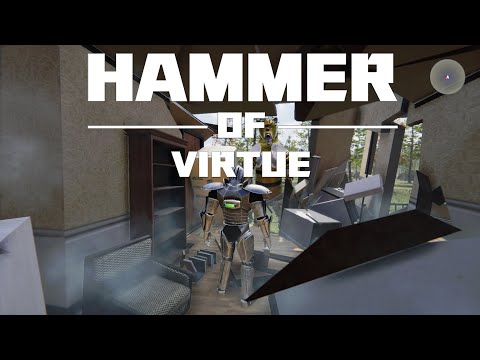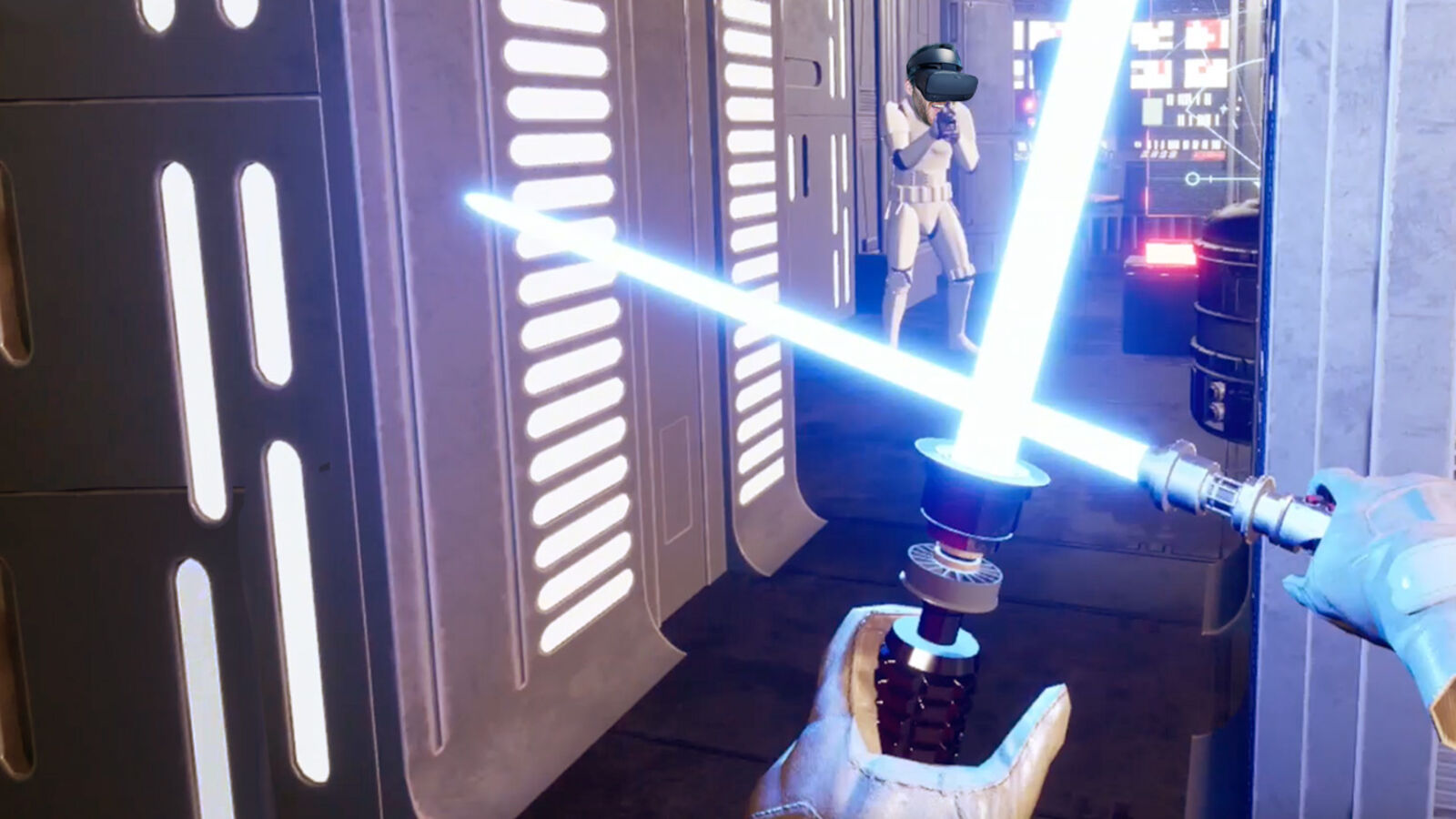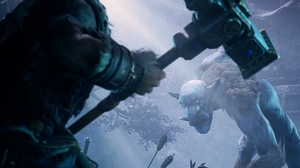
The world of Dragon Age is teeming with fantastic, beloved characters. During Dragon Age Week, we’ve written about Isabela, Fenris, and Alistair, as well as interviewing the voices behind Hawke, the Inquisitor, Josephine, and Zevran. We even spoke to David Gaider about the one and only Dorian Pavus. But still, some people may be disappointed that we were a little light on Morrigan coverage. Or Solas. Or Anders. Or Varric, or Iron Bull, or Merrill, or… you get the point. There’s a lot of love for a lot of characters in Thedas. Carver, however, isn’t one of those characters – at least, not for most people. Nico Lennon, the man behind the man nobody loves, takes Carver’s middling position in the fandom in his stride.
“I know that he's something of a Marmite individual,” Lennon says. “Lots of people are quite happy to see him die in the Deep Roads and never see him again. But listen, I think it's great if people get immersed into the world and get inspired to come up with their own fanart. I'm sure people have made [Carver fanart], but they haven’t sent me any directly. I do see bits and bobs on Twitter, but I have probably seen a bit more of The Witcher [Lennon also plays King Radovid] than the Dragon Age content, but I know it's out there and I think all power to them. People get really connected to their romance options, and Carver is sort of the gooseberry in this scenario. But I'm sure there are some heartfelt Carver fans out there.”
Related: Why Dragon Age 2 Is The Best One
While Lennon is able to laugh off Carver's "gooseberry" status in the fandom, it's clear he has a deep connection with the character, calling him "relatable" several times. "I think with games in particular you have to try to rely on your instincts as much as possible," he says. "One of the nice things about Carver is I could sympathise with him a lot. We obviously come from very different worlds, but there's a lot of duality there. So I'm a middle child, and I think although he isn't in the strictest sense, he definitely falls into that archetype. I'm also a twin, funnily enough. I think it's something that at his age, late teens, early 20s, where you do slightly feel in the shadow of an older sibling. Be they male or female, depending on which direction the player goes in. I think that was something I definitely sympathise with. And I think there was a lot of humour to be had there as well. There's a playfulness in the scripts, which I really like. And I think from there, it was just working with Caroline [Livingstone, voice actor director] to find the right voice for him. It was a nice, organic process. I think it was something that we were able to find quite quickly and then develop as we went through."

What Carver does have going for him is that he has arguably the most diverse storyline of everyone in the Dragon Age companion stable. However you treat Anders, he'll still blow up the Chantry. Solas will still turn out to be a bad egg. You can direct the endings of others – Alistair, Morrigan, and Zevran in Origins being the most obvious – but few have such divergent paths as Carver. It's these paths, and Carver's reaction to them, which sometimes make him less than endearing to the fanbase – but they're a key part of the character's relatability. "I think we're moulded by what happens to us," Lennon says. "Obviously in this scenario, there are different paths that can be taken. But I think ultimately, he's the same person, but it's just there will be a natural effect of a particular path taken. I mean, he talks about this idea of not wanting to be left at home to feed the chickens. And I think that's something that again, we can relate to. He may come across as a little bit resentful, but I think he's probably entitled to feel that element of frustration if he is left behind."
Of course, as Lennon points out, Carver isn't relatable in the most immediate sense. He lives in a magical, fantastical world, surrounded by dwarves, darkspawn, and dragons – although initially, Dragon Age had no dragons at all. But there's something about the universality of Dragon Age that transcends its genre tropes, at least to Lennon. "It's one of those things that can, on the face of it, look like something of a dichotomy," he says. "The truthfulness of the scene versus the complete absurdity to us, in the sense of it being so far removed from our own existence. But I think in reality, there's such universal themes often in well written games, and well thought out games, that the narrative is part of the reason why both as actors in games and players playing games, we can really connect with something. So I think it's about trying to find those kinds of qualities, even though absolutely, there are plenty of situations where you couldn't have ever possibly been in yourself. It's just trying to find truth in them.

"It's about kind of finding the right place with the director, because sometimes, there will also be points where the directors have perhaps a more holistic view of the project by its very nature. Whereas you're getting these little snippets that actually might be going off in a slightly different direction than might make sense. And so let's just think a little bit about this area in his backstory, and think about reaction wise, why are they saying this? Those moments are also really important, because they allow you to then discover the character in maybe a slightly different way. It can be tricky, but I think actually in reality, if you've got a good script in front of you, then whether it's something that's very naturalistic, or fantastical, you can really connect."
Next: The Oral History Of Dragon Age: Origins


